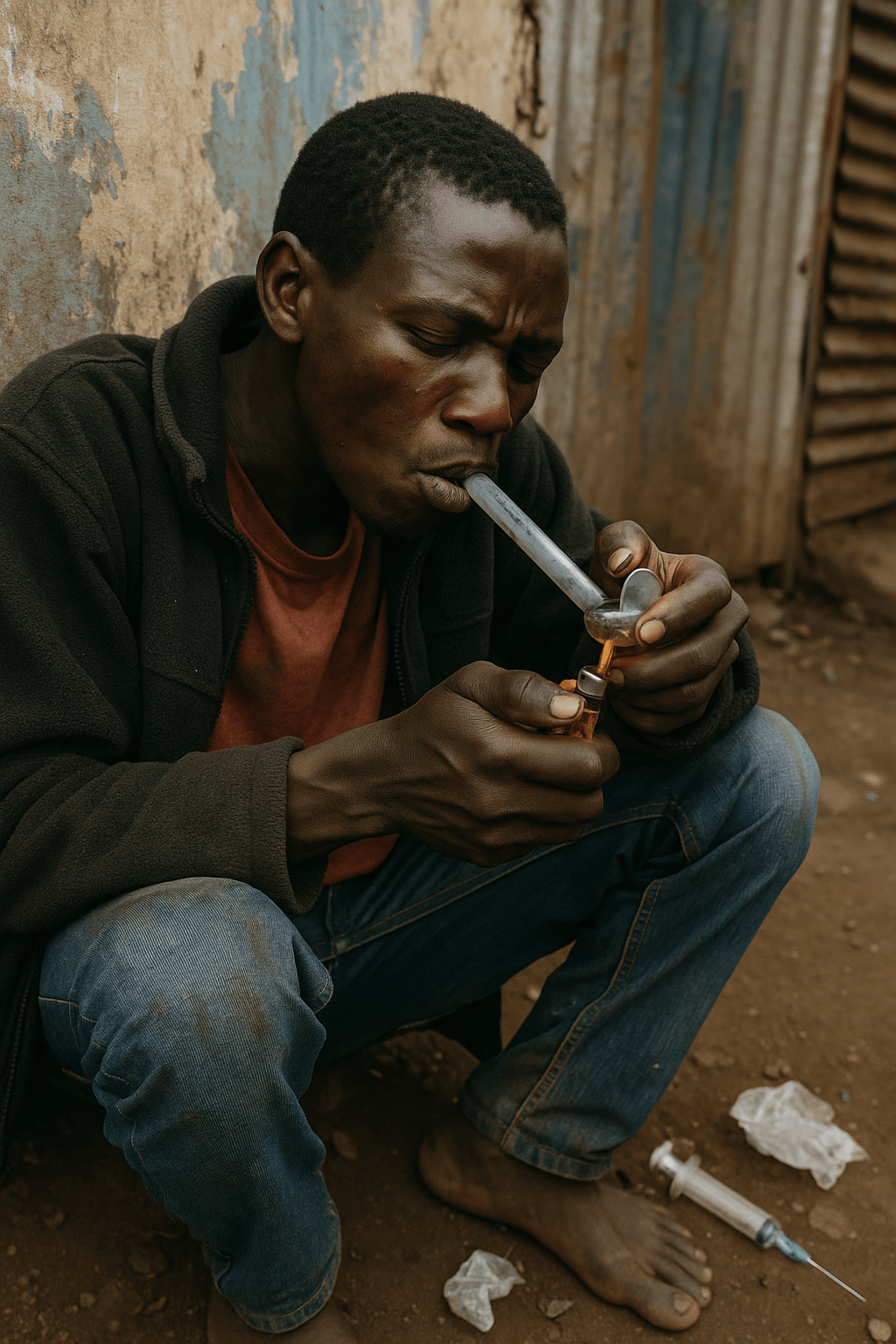In Kenya, 4.73 million people are currently using at least one drug or substance of abuse. Drug use is an ongoing prevalent issue among those from both rural and urban areas. Substances like inhalants, narcotics, and prescription medications have been misused, leading to societal problems such as stigma, poverty, and pressure from peers. The main affected areas are Coast, Nairobi, and Central Kenya. This post will explore the causes and prevention strategies to help fight drug abuse.
Kenya identifies the misuse of alcohol and drugs as a significant threat to both life and national progress. In light of its detrimental effects, the Government of Kenya has set up the National Authority for the Campaign against Alcohol and Drug Abuse (NACADA). NACADA serves as the primary agency responsible for coordinating a multi-faceted approach to addressing the issues related to alcohol and drug misuse in the nation. Reports from NACADA surveys reveal that the substances most frequently abused in Kenya include alcohol, tobacco, cannabis (bhang), glue, miraa (Khat), and various psychotropic drugs.
Causes of Substance and Drug Abuse.
Repeated consumption of the substance and a rise in tolerance can lead to the development of substance use disorder and addiction. Certain adults who experience substance use disorder may also have a mental health condition, like depression, anxiety, or bipolar disorder, and may start using drugs or alcohol as a way to manage their symptoms.
Other risk factors that may lead to a substance use disorder include:
- Family history of addiction
- Peer pressure
- Sleep problems
- Unemployment
- Chronic pain
- Financial difficulties
- Divorce or the loss of a loved one
- Long-term tobacco habit
- Easy access to drugs
- Tense home environment
- Lack of parental attachment in childhood
- Relationship issues
Of course, none of these risk factors guarantees that a person will develop a substance abuse disorder, but a combination of factors plus repeated substance use significantly increases the likelihood of addiction.
These challenges have resulted in serious consequences, including rising violence, increased burden on healthcare systems, greater susceptibility to HIV infections, and addiction. In reaction to these issues, both local communities and the national government have launched efforts to address these problems.




